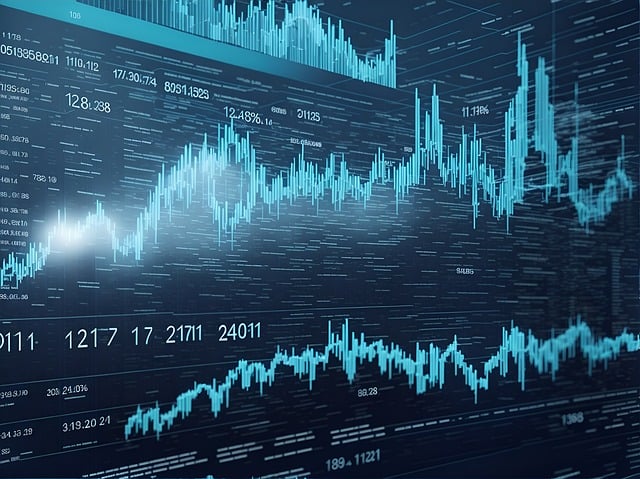The Evolution of AI Trading: A Comprehensive Analysis
Author: Jameson Richman Expert
Published On: 2024-08-10
Prepared by Jameson Richman and our team of experts with over a decade of experience in cryptocurrency and digital asset analysis. Learn more about us.
In today’s rapidly changing financial landscape, artificial intelligence (AI) is making waves in the trading sector. The integration of AI into trading not only revolutionizes how trades are executed but also how data is analyzed and decisions are made. In this article, we will delve into the various facets of AI trading, explore its benefits and challenges, and reflect on the future prospects that this technology holds.

Understanding AI Trading
AI trading refers to the use of artificial intelligence technologies to automate and optimize trading decisions and executions. This encompasses a range of tools and strategies, including machine learning algorithms, natural language processing, and predictive analytics.
The Technology Behind AI Trading
At its core, AI trading relies on sophisticated algorithms that can analyze vast amounts of data at incredible speeds. Unlike traditional trading methods that depend heavily on human intuition and experience, AI systems utilize complex mathematical models to identify trading opportunities based on historical data patterns.
Machine Learning Algorithms
Machine learning is a subset of AI that allows the system to learn from data and improve over time. In the context of trading, these algorithms can identify patterns and anomalies within the data, leading to more informed decision-making. For instance, a machine learning model might analyze years of stock price movements and economic indicators to predict future trends.
Natural Language Processing (NLP)
NLP is another crucial component of AI trading, enabling algorithms to process and interpret human language. This technology can analyze news articles, social media, and other text sources to gauge market sentiment. By assessing public opinion and potential market-moving events, AI trading systems can adjust their strategies accordingly.
Advantages of AI Trading
The benefits of AI trading are numerous, making it an appealing option for both institutions and individual traders. Here are some notable advantages:
Challenges and Limitations of AI Trading
While AI trading boasts several advantages, it is not without its challenges and limitations. Understanding these obstacles is vital for anyone considering the use of AI in their trading strategies.
Market Volatility
Financial markets can be unpredictable, and AI systems may struggle to adapt to sudden changes. For instance, an unforeseen geopolitical event or economic crisis could render previously successful trading algorithms ineffective.
Data Dependency
AI trading systems require extensive historical data to function optimally. A lack of quality data can lead to poor model performance. Additionally, markets that are not well-researched may not be suitable for AI trading.
Regulatory Concerns
As AI trading continues to evolve, so too does the regulatory landscape. There are growing concerns regarding market manipulation, transparency, and accountability in decisions made by AI systems. Regulators will need to establish guidelines to ensure that these technologies are used responsibly.

The Future of AI Trading
Looking ahead, the integration of AI in trading is likely to grow exponentially. As technology continues to advance, we will see more sophisticated AI models capable of navigating complex financial landscapes. Here are some predictions for the future of AI trading:
Increased Personalization
I believe that AI trading will increasingly cater to individual investors by developing personalized trading strategies based on their preferences and risk tolerances. This could democratize trading and provide tailored solutions that were previously only available to larger institutions.
Collaborative AI and Human Traders
Instead of completely replacing human traders, AI is likely to serve as an enhancement tool. By combining human intuition and oversight with AI's analytical power, traders can make better-informed decisions. I find this harmonious collaboration to be a practical approach to leverage the strengths of both parties effectively.
Evolution of Regulations
As AI trading systems become more prevalent, I anticipate that regulators will adapt their frameworks to ensure market integrity and transparency. Establishing responsible AI usage standards will be crucial in fostering trust within the financial markets.
Conclusion
AI trading represents a seismic shift in the financial industry, offering unparalleled insights and efficiencies. However, its implementation must be approached with caution due to the inherent challenges and ethical considerations. As we move forward, striking a balance between innovation and responsibility will be the key to harnessing the true potential of AI trading.
In my opinion, the journey of AI trading is only just beginning. The smart adaptation of this technology will not only reshape trading strategies but could also redefine the role of human traders in the financial ecosystem. As enthusiasts and practitioners explore this exciting realm, there's no doubt that AI trading will continue to be a pivotal component of modern finance.